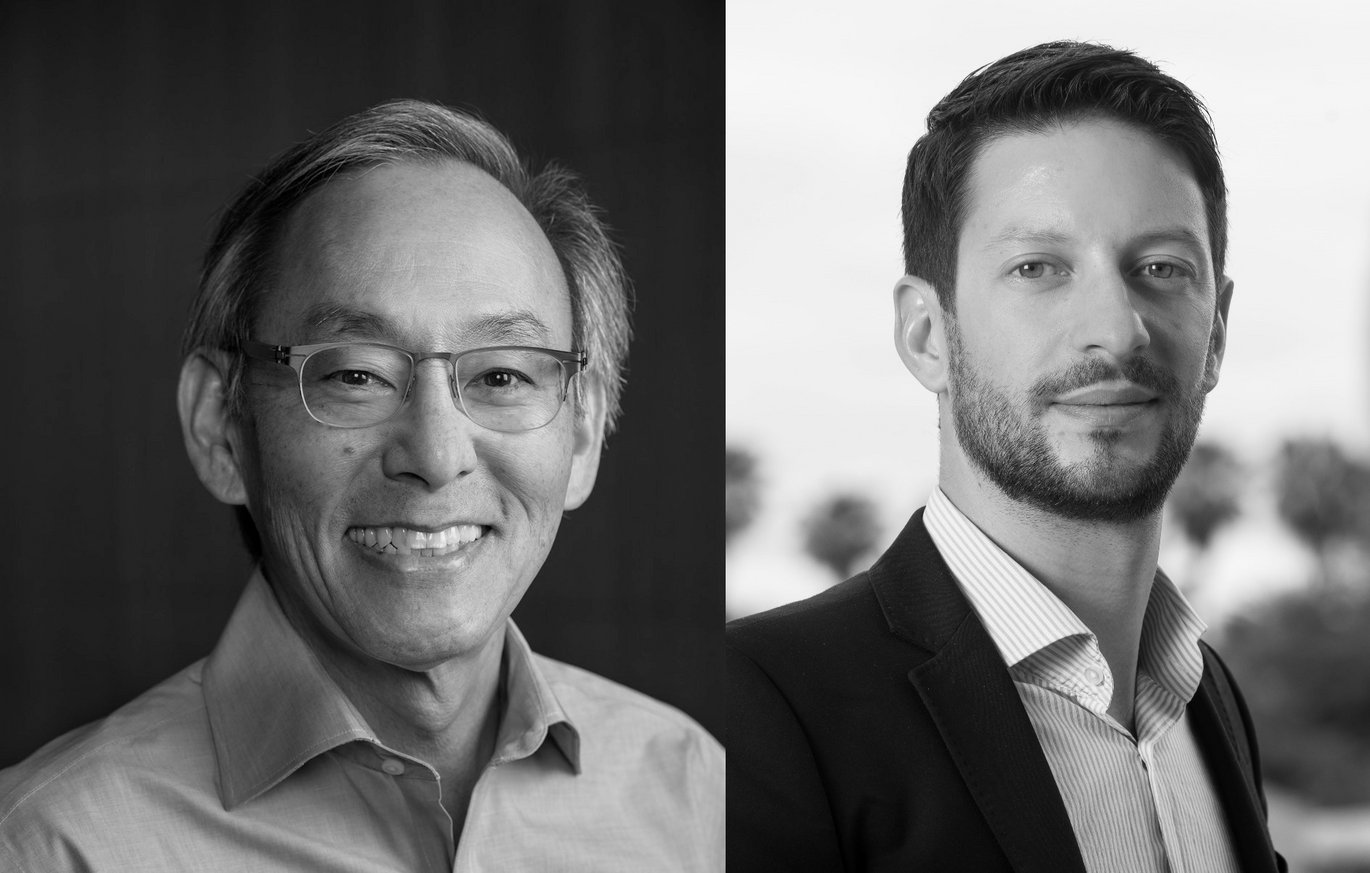CORC CO₂ Research Talks with Steven Chu and Matteo Cargnello
CORC invites researchers, policymakers, industry partners, entrepreneurs and stakeholders to participate in our monthly online CO₂ Research Talks. The April talk will be with Nobel Laureate Dr. Steven Chu and Dr. Matteo Cargnello both from Stanford University.

Info about event
Time
Location
Online
Organizer
We're excited to present Dr. Stephen Chu who received the Nobel Prize in Physics in 1997 for his work on developing methods to cool and trap atoms with laser light. He will present alongside CORC's principal investigator Dr. Matteo Cargnello who is an Assistant Professor in Chemical Engineering at Stanford University.
The technical challenges in achieving zero greenhouse gas emissions in all sectors
In his talk, Dr. Chu will give his perspective on impactful scalable research for mitigating climate change and on how approaches in science and engineering need to change. The multiple industrial and agricultural revolutions have transformed the world. However, an unintended consequence of this progress is that we are changing the climate of our planet. In addition to the climate risks, we will need to provide enough clean energy, water and food of a more prosperous world that may grow to 11 billion by 2100. The talk will discuss the significant technical challenges and potential solutions that could provide better paths to a more sustainable future. How we transition to from where we are now to where we need to be within 50 years is arguably the most pressing set of issues that science and innovation has to address.
Dr. Stephen Chu is a William R. Kenan Jr. Professor, Professor of Molecular and Cellular Physiology and of Energy Science and Engineering at the Department of Physics at Stanford University. His current research and scholarly interests are on synthesis, functionalization and applications of nanoparticle bioprobes for molecular cellular in vivo imaging in biology and biomedicine. Linear and nonlinear difference frequency mixing ultrasound imaging. Lithium metal-sulfur batteries, new approaches to electrochemical splitting of water. CO2 reduction, lithium extraction from salt water.
Read more about Dr. Chu's research here.
Tackling big challenges using small pieces of matter: nanocrystals and nanostructures
In the Cargnello group, uniform and tailored nanoparticles and nanostructures are synthesized, studied and used for energy and environmental applications, with emphasis on how to precisely control nanoarchitectures to understand and exploit interactions between well-defined building blocks. Applications include hydrogen generation through photocatalysis, reduction of methane emissions, conversion of CH4 and CO2 into fuels and chemicals, reduction of nitrogen to ammonia, pollution control, biomass conversion, carbon capture and utilization. It is expected that advancements in the preparation and use of these tiny particles can bring immense benefit for making big challenges more approachable.
Dr. Matteo Cargnello is a Terman Faculty Fellow at Department of Chemical Engineering at Stanford University. His group's research interests are in the preparation and use of uniform and tailored materials for heterogeneous catalysis and photocatalysis and the technological exploitation of nanoparticles and nanocrystals.
Read more about the CORC CO2 Research talks series and see more upcoming talks here.
